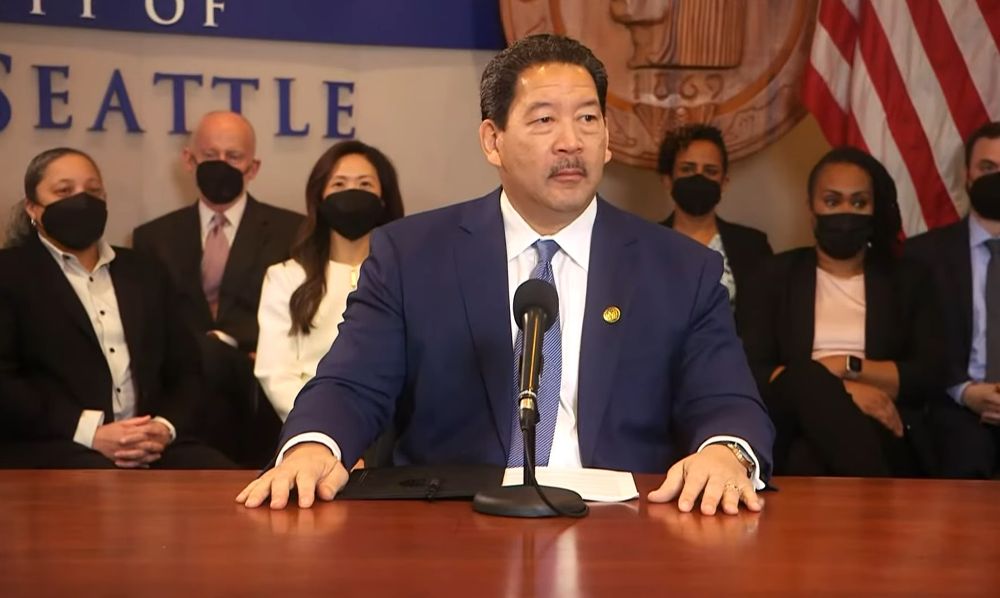One of today’s mantras is “inclusivity.” Mayor Bruce Harrell showed himself nothing if not inclusive in mentioning every issue, program, priority, community he possibly could in his “State of the City” speech today.
And he put the bow on top of this ungainly package by making it a point to mention, by name, each and every member of the City Council as he highlighted something about their work or interests. Even Councilmember Sawant — though she was conspicuously last.
The effect? Mind-numbing.
One of the useful leadership and planning tools that I stumbled upon over the years was the concept of “the vital few.” What are the vital few things that an organization, business or institution must do and do well if it is going to accomplish its mission and thrive?
Many of the organizations that I’ve had something to do with, often in the non-profit sector, suffered from the Pecos River phenomenon. They were a mile wide but only a foot deep. We were, that is to say, spread too thin. There was no good idea that was refused, and not many of the bad ones either. There was no constituency or interest group that was not acknowledged, represented and included. We were, yes, inclusive.
But we lacked focus.
The onetime guru of business consultants, Peter Drucker, was famous for asking his clients two questions: “What business are you in?” And, “How’s business?” City government isn’t a business in the strict sense of the term, but a clear sense of “the business we are in” (and those that we aren’t in) is at the heart of any successful enterprise, including governing a city.
I left Mayor Harrell’s “State of the City” speech feeling that everyone and everything had been mentioned, touched on, acknowledged, but I had no idea what are the real priorities — the vital few things that Seattle City government needs to do and do well in 2022.
My advice: boil it down to a few key things — to the vital few. Don’t mistake mentioning everything and everyone for actually doing something.
Discover more from Post Alley
Subscribe to get the latest posts sent to your email.

Harrell made “it a point to mention, by name, each and every member of the City Council as he highlighted something about their work or interests.”
He’s patronizing. He’s letting them know they are in the position he was during his years on the city council: beholden to the interest groups that supported his candidacy financially. This was a power play to put the councilmembers on notice that Harrell knows how to reach their financial backers.